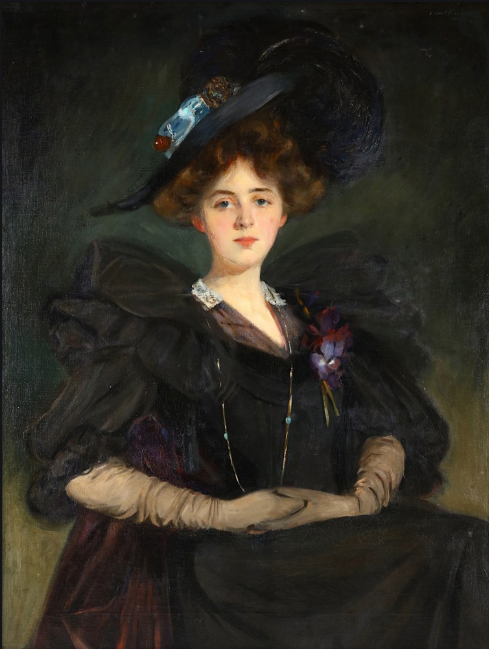In the world of “lost” Dorothy Parker poems, there is no greater sleuth than Stuart Y. Silverstein. His groundbreaking 1996 book Not Much Fun: The Lost Poems of Dorothy Parker, uncovered more than 120 pieces that Parker had not collected in her lifetime. In 2020, four more are included to the realm of missing poems. They were presented at The Lambs on January 31 by Silverstein, read by writer Tara Isabella Burton.
Using payroll records at the New York Public Library from the old Life (not to be confused with the more well-known LIFE published by Henry Luce), he found a payment to Parker for the issue dated February 15, 1923. This was the “Valentine’s Number” and included her popular “Valentines” to celebrities of the day. Most of these folks are not remembered today, so a brief biography of each is presented below, courtesy of Silverstein.
Life’s Valentines
By Dorothy Parker

PREXY LOWELL
Harvard’s run, it seems to me,
Like a summer hostelry.
If a solemn vow they’ve made
That they’ll get exclusive trade,
Why not go on through with it?
Bar all others, just admit
To the realms of bean and cod
Harvard’s head—and, maybe, God.
[One more thing: in 1910, at a Holy Cross College alumni dinner, John Collins Bossidy offered a poem that gained national attention under the title “The Boston Toast”:
And this is good old Boston,
The home of the bean and the cod,
Where the Lowells talk only to Cabots
And the Cabots talk only to God.
Note Mrs. Parker’s sly reference to the Bossidy poem: to the beans, the cod, and God—and the Lowells and their fabled snobbery … if not outright bigotry.]

WM ALLEN WHITE
Way out West, where men are men,
Swift to fight, with fist or pen,
Battling Bill, whom here we see,
Dashes off philosophy,
Sure that every homely crack
Will be worth its weight in jack.
Kansas’ never-silent son—
Ain’t he got a lot of fun?

CLARE SHERIDAN
When the lady used to sculp,
Mixed emotions made us gulp;
Cried we then, in accents bright,
“Well, perhaps the girl can write.”
Then the lady’s interviews
Crashed upon the daily news;
Moan we now another lay—
“Give, oh, give her back her clay!”

MORRIE GEST
Here’s the boy whose Russian troupe
Sent the critics for a loop.
Wild they shrieked, in Slavic joy,
“Bravo!” “Bis!” and “Attaboy!”
Each has graven on his heart,
“If it’s Russian, then it’s art.”
Would they’d let the Russians rest—
Heaven speed the parting Gest!
All of these are added to the pieces in the public domain that Parker wrote from 1924 and earlier. Read the interviews with Silverstein from 1999 and from 2010 conducted for the Dorothy Parker Society.

